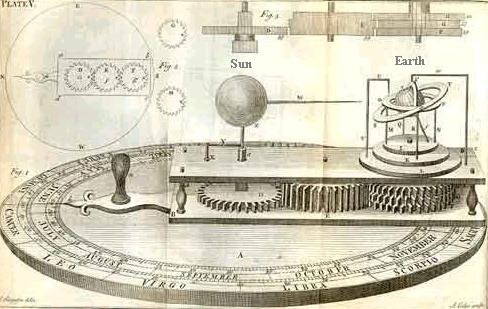 According to the natural laws of physics, in space, every object (planets, moons, stars, asteroids, etc.) has mass, which is another word for “substance.” Simplistically speaking, the greater the mass of an object, the greater the gravitational pull it manifests on other objects nearby.
According to the natural laws of physics, in space, every object (planets, moons, stars, asteroids, etc.) has mass, which is another word for “substance.” Simplistically speaking, the greater the mass of an object, the greater the gravitational pull it manifests on other objects nearby.
Our moon has one-sixth the mass of the earth. It has one-sixth the gravity, and as a result, an object that weighs 100 pounds on earth only weighs about seventeen pounds on the moon. This gravitational pull is an influence that is far reaching. It is the earth’s gravity that keeps the moon in orbit around the earth; it’s the sun’s gravity that keeps the earth and all the other planets in orbit around the sun. In our solar system, the sun is our “center of influence.”
When it comes to interpersonal relationships, people are like heavenly bodies. Some people are more influential than others. When these people speak, others listen. For your purpose, these influential and often dynamic individuals are called “Centers of Influence (COIs).” They also represent the key to effective networking—and successful prospecting for new business and opportunities to serve others.
To help you in your prospecting, the COI must know you favorably and be willing to introduce and refer you to others. However, like we mentioned, not just anyone who likes you can be your COI. To receive this informal title, an individual must:
- Be active in a community or other sphere of influence (such as an organization or industry)
- Be highly regarded and sought after for advice by others
- Be active in communicating with other people and visible in myriad ways
- Be givers, not takers
Centers of influence know you well enough and have enough confidence in your abilities that they are willing to refer—or introduce—you to their friends, business associates and colleagues. Furthermore, your relationship with the COI should be one of a mentor. Your COI develops an ownership in your career and thus has an interest in seeing you succeed.
Where do you find such a person? You probably know at least a few. Consider all the people you know, and ask yourself, “Who among these people meet the criteria of becoming centers of influence?”
The first group from which to choose would be your active client base. Are any of your clients influential, involved and visible in the community? A COI doesn’t necessarily need to be a client. Perhaps it is a friend of the family or someone with whom you have worked well in the past.
Once you identify a potential COI, you need to cultivate the relationship. If that person is a client, you already have established the relationship. If not, then a relationship must be cultivated. As with anything else, this is done trough value.
That starts with a strong consideration of that person’s interests, wants and needs. You must then ask yourself this question: What can I do for them?





Be the first to comment on "Networking, Newtonian Style: An Introduction to Centers of Influence"